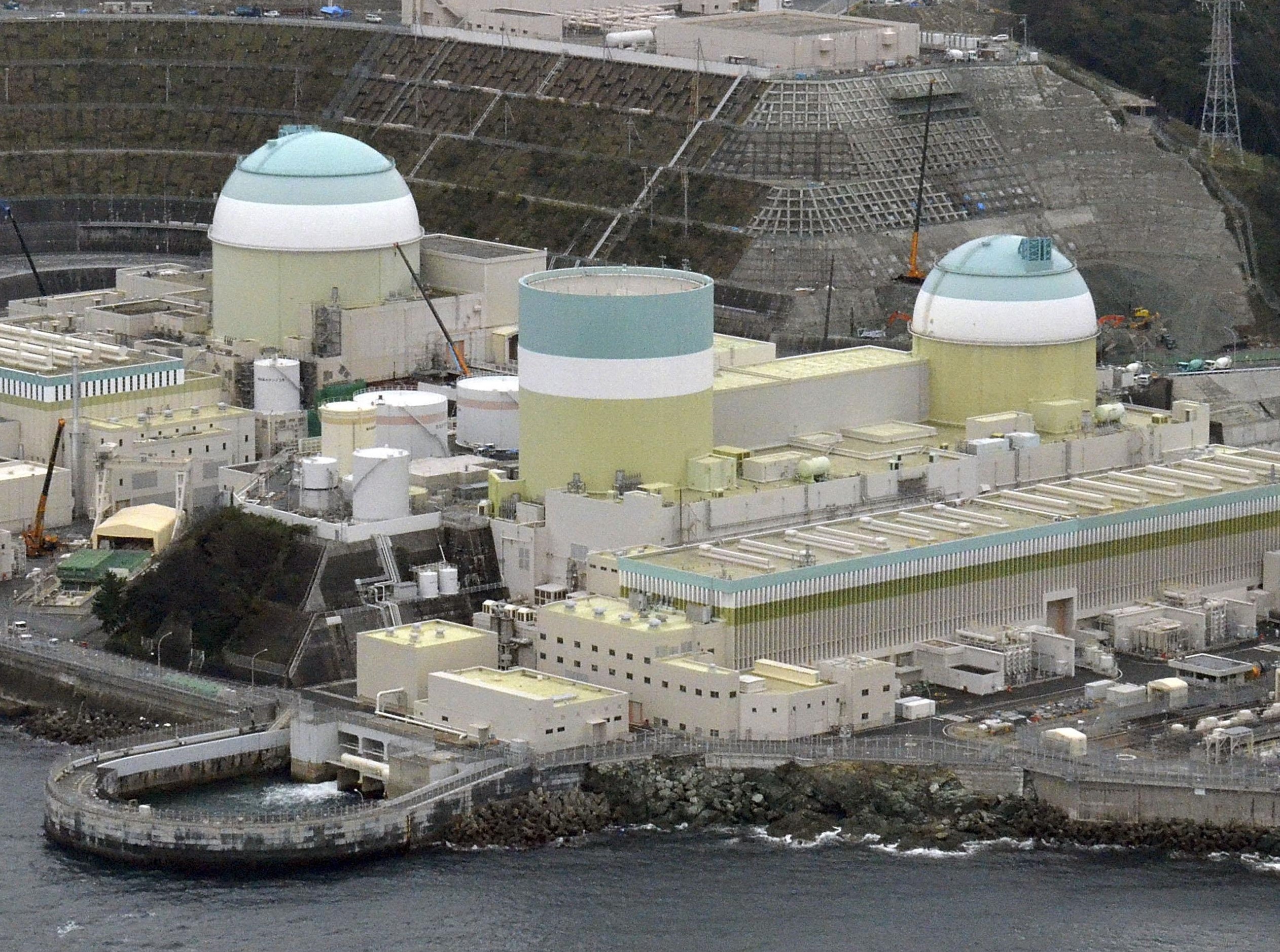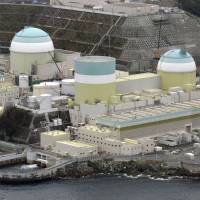Shikoku Electric Power Co. plans to give up restarting reactor 1 of its Ikata nuclear complex in Ehime Prefecture and scrap it because extending the aging unit's lifespan would be hugely expensive, company sources said Friday.
Shikoku Electric's plan could have an impact on other major utilities as they decide whether to seek to keep their aging reactors operable beyond the 40-year time limit, a rule imposed after the 2011 Fukushima No. 1 reactor meltdowns.
The regional utility serving Shikoku is expected to announce the plan as early as later in the morning.
Stricter government regulations set in 2013 following the start of the Fukushima nuclear crisis prohibit the operation of reactors beyond 40 years in principle. But operation for an additional 20 years is possible if operators make safety upgrades and pass the regulator's screening.
Around the country, five reactors at four other nuclear power plants that are around 40 years old are already set to be scrapped.
Reactor 1 at the Ikata power complex in Ikata, Ehime Prefecture, reaches the 40-year time limit next year. If the utility wants to continue operating the reactor, it needs to apply for an extension to the Nuclear Regulation Authority in advance.
Shikoku Electric has determined that decommissioning the unit is better than seeking to extend its lifespan as it expects safety measures to keep the reactor in use would cost over ¥100 billion ($886 million), the sources said.
The utility, meanwhile, plans to restart the newer reactor 3 at the three-reactor plant in July.




